Are you looking for a job? If you have been searching for some time, you may think that it is hard to find a satisfactory job... Fortunately, it doesn’t have to be that hard!
I have prepared 12 tips for you to help you find a job that is made for you faster! By following the steps in the article, you will quickly go through the stages of your job search, which will end with you getting a job.
Start Here!
12 steps to finding the job of your dreams!
Viewing job ads and responding to job offers is one of the last stages of your job search! So where should we start? It is not enough just to create a CV and wait for the job offers to fall apart. To achieve the expected results, you need to be well prepared for the recruitment process.
Here are the crucial 12 steps, without which it is not worth starting your job search. Using them will allow you to avoid mistakes at the very beginning, and thus bring you much closer to your goal:
1. Think about what kind of job you are looking for
Before you start sending your CV, there are some important questions to ask yourself:
→ Think what position you want to apply for and what type of job suits you best.
→ Do you prefer to work remotely over the Internet or in the office?
→ Are you a mobile person? Do you have a car or do you have to commute to work by public transport? Do you not mind trips to conferences, trainings or business trips?
→ Do you find yourself in teamwork or do you prefer to work fully independently?
By identifying these basic considerations, you can narrow the scope down and focus only on those offers that are tailored to your preferences.
2. Assess your skills
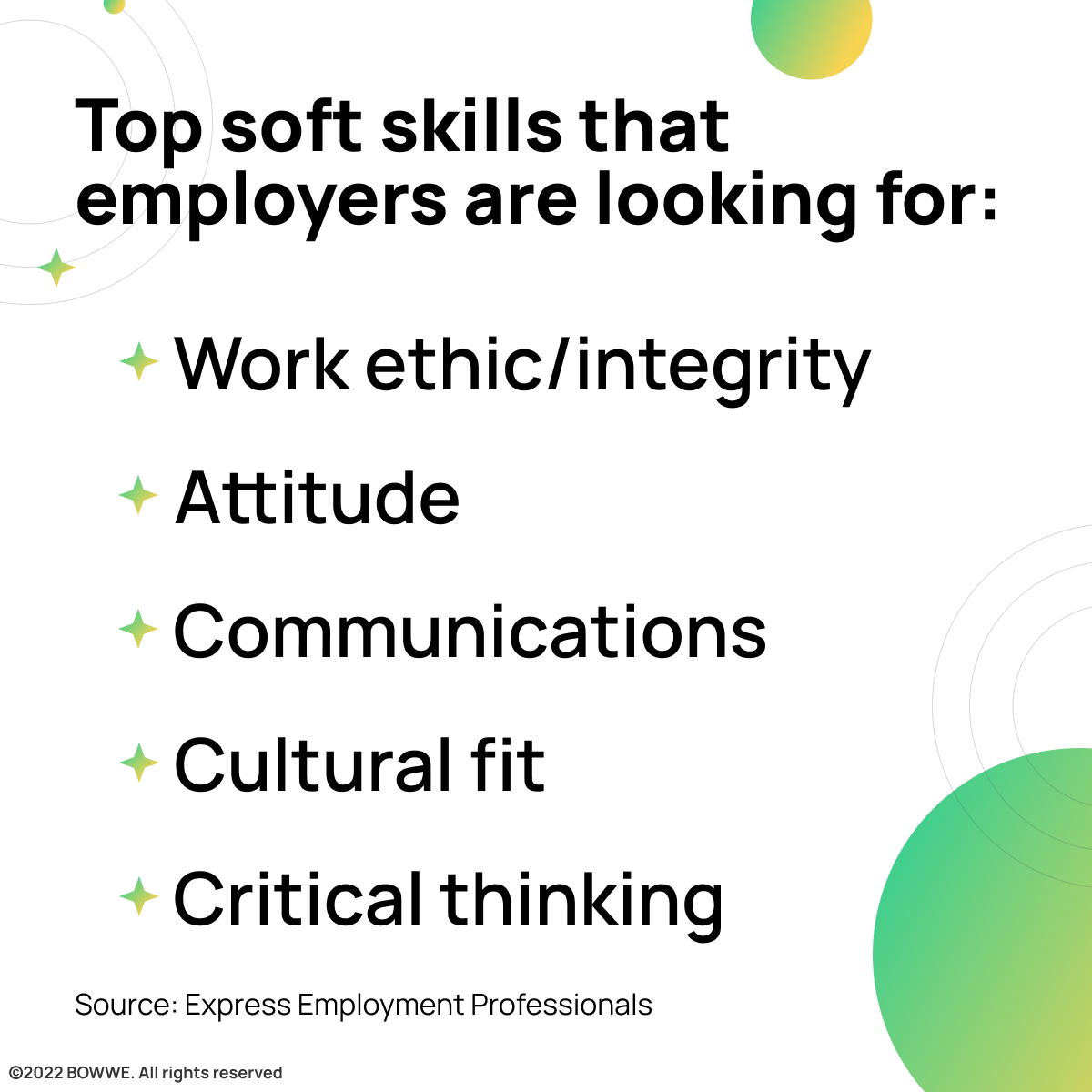
Your interests and skills have a decisive influence on what work you will do.
→ Are you an analyst or maybe you focus more on creative thinking at work?
→ Know what areas you have?
→ What tasks can you perform?
→ What tools or programs can you operate?
→ What foreign languages do you know?
Listing all your competencies will allow you to choose the position that will best suit your work style. Assessment of soft skills will also help you. Summarize your interpersonal skills, such as communication skills, team management, stress management, public speaking, multitasking, and the ability to observe and draw conclusions. By doing this, you will gain more knowledge of the type of position for which you will perform best!
3. Set career goals
Want a quick look at how much you'll be earning in a given position? If the offer you are interested in has a salary range listed, calculate your possible earnings using, for example, calculator.net. Be careful, however, to use tools that calculate on a basis that is tailored to your location.
And if you want to get an idea of how much others earn on average for a particular position, you can use those from sites such as PayScale.
4. Prepare a professional, distinctive CV
A good CV will reflect your professional situation and present you in a favorable light. Remember - to interest employers, your CV should be professional, but not boring.
When you are writing your CV, some elements are omitted or taken superficially, and in fact, they may be a decisive factor in your success in finding a job. Here are the most important points that should not be forgotten when writing a resume:
Get started
a) Think about the structure
b) Match your CV to the job offer
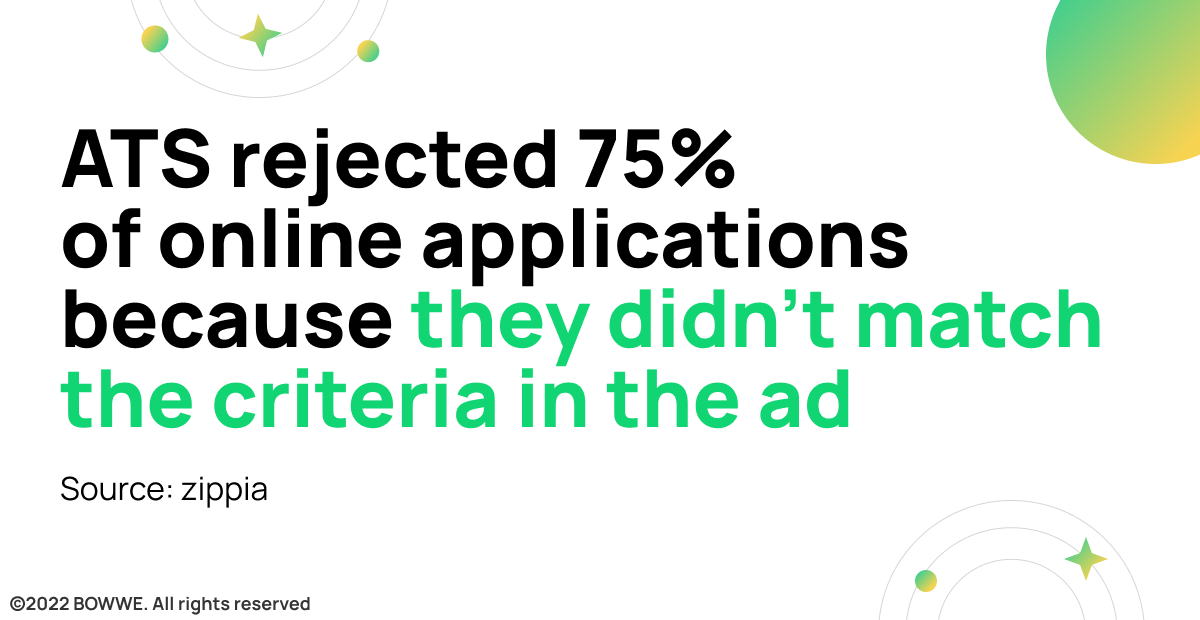
c) Write about your interests
d) Avoid schemas
Avoid common phrases and generalities such as "sales experience" or "use of text documents". Such information is of no value to the employer and is difficult to verify.
Instead, refer to specific examples from your own life and provide as much detail as possible! Do you have sales experience? Write down what sales result you achieved in a given year and what impact it had on the results of the entire company. Name specific programs that you know how to use, name training dates or describe specifically what you specialize in.
e) Stand out from the competition
Choose a form that will catch the eyes of recruiters. You can't use the most popular resume configurators on the web - their templates have already been seen by hundreds of recruiters! If you want to stand out, choose an attractive and modern online CV!
5. Write a cover letter
A cover letter complements the CV, which is more and more often required by employers in job offers. It is in the cover letter that you have the opportunity to include information that is not included in the CV and present your motive for taking up the job. Use this to convince your employer to hire you. Remember to match the letter to the position. However, don’t copy the formulas found on the Internet - it's better to be creative! Your future employer will certainly appreciate it more.
6. Get active on social media
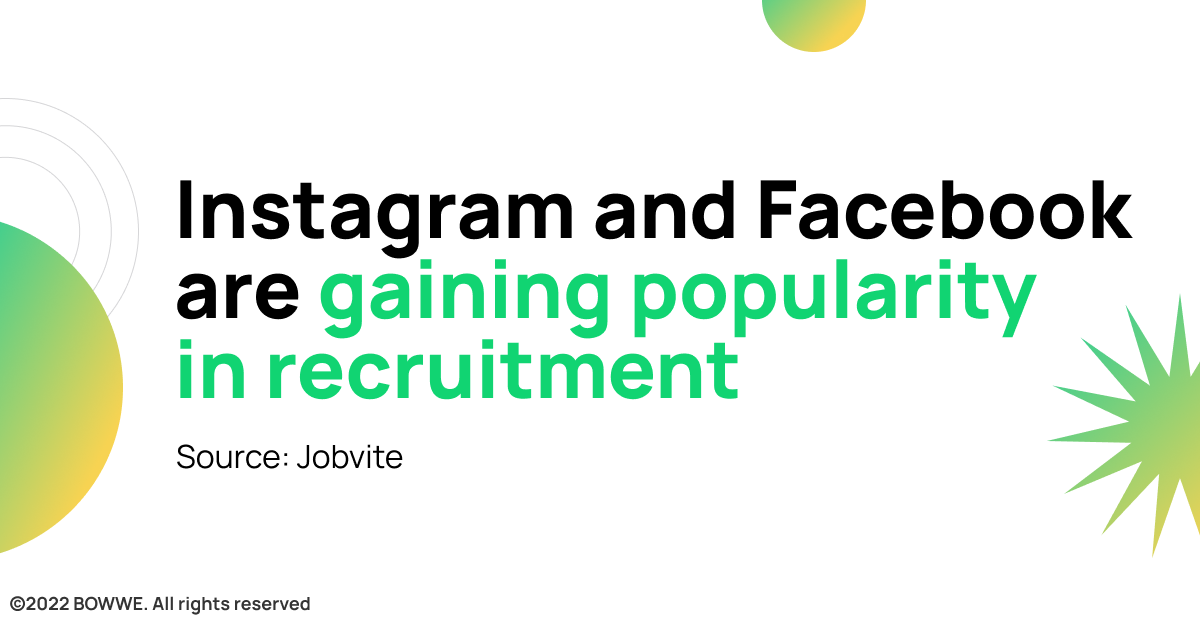
Join Facebook groups and follow what is happening in your industry. Often, this is where you can first come across a job advertisement written spontaneously by a recruiter. Also, take care of your professional profile on social channels such as LinkedIn, which gathers headhunters and employers actively looking for candidates.
7. Ask your friends
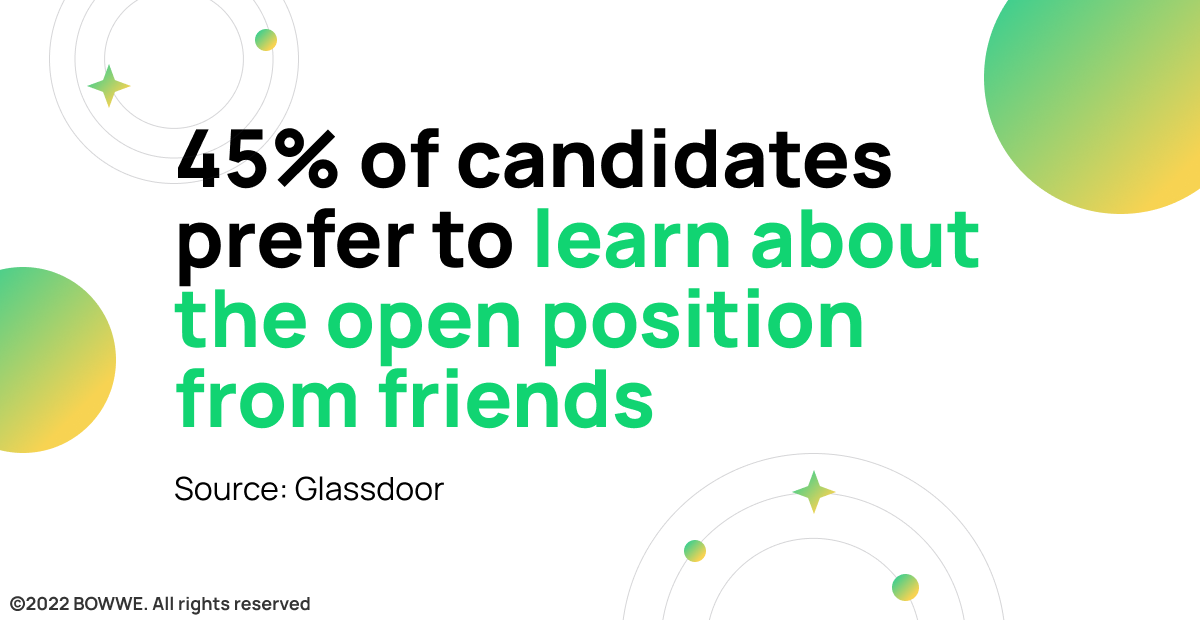
One of the effective ways of looking for a job is the so-called word-of-mouth. That is why it is worth doing research among friends on social media. Publish a post on your Facebook or LinkedIn feed saying that you are looking for a job. If someone in the company where your friend work is recruiting, they will certainly inform you. Also refresh your acquaintances from studies or completed internships and find out about their professional situation - perhaps you will gain valuable advice.
8. Get referrals
The flattering opinion of previous employers, lecturers or internship supervisors may turn out to be the key to success in finding a job. The referrals will make you a credible candidate and the recruiter will be willing to trust you, no matter what experience. So get positive references and gain a competitive advantage!
9. Narrow the scope of your search
Some people post their CVs to too many places to increase their chances of being well-placed. Why is this not a good idea? The recruitment process usually consists of several stages, which may take some time. In order to do well and finally get a job, you need to prepare for each of these stages. Sometimes recruiters will require you to prepare a presentation or complete tasks to test your skills. If you apply to too many places, there is a risk that you will not be able to properly prepare for any interview. This way you will lose your and the recruiter's time.
10. Monitor the latest offers
Build a habit of constant monitoring of the labor market and follow it consistently day by day. Every day after work, check for new ads on the portals you follow. To be up to date with the latest offers, set yourself email notifications. This option is often available to logged in users - so it is worth creating an account on selected websites with advertisements. This way you will always be up to date and be the first to know about the latest announcements.
11. Browse classified ads from a variety of sources
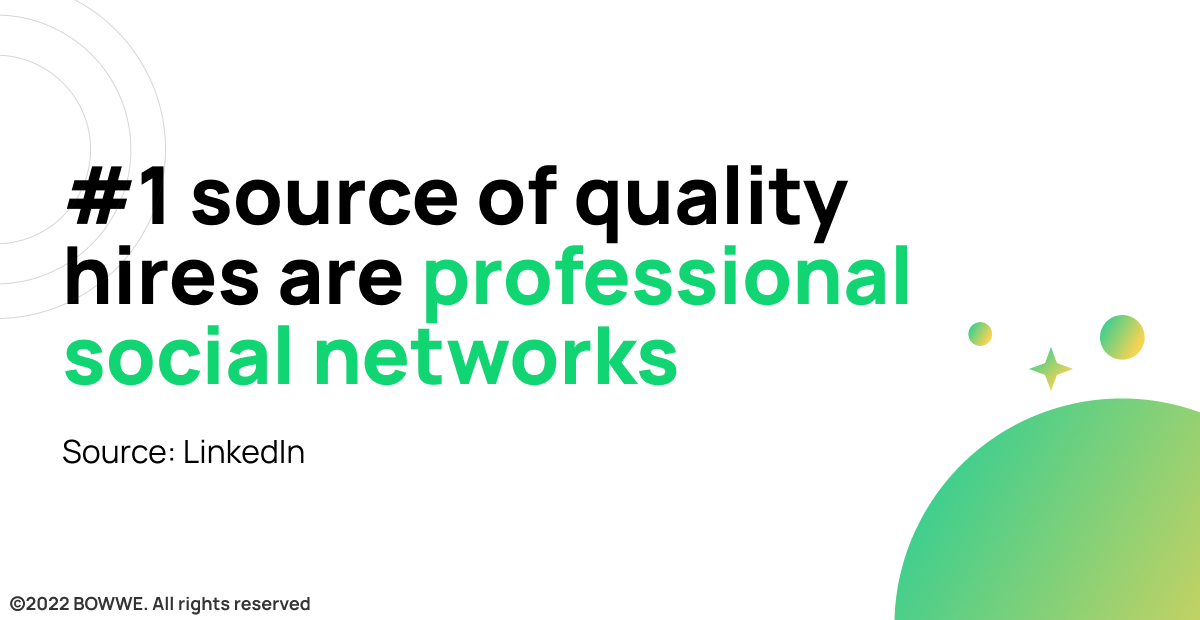
Make sure that the portals you use contain only up-to-date ads. Browse only the most proven portals and services, but do not limit yourself to one source. A great solution are job aggregators that collect all the current offers from many portals with job offers. Thanks to aggregators, you don't have to search for offers in many places on the web.
Follow profiles on Facebook, LinkedIn, or other social channels on which the company you want to apply for is active. Thanks to this, you will be up to date with the company's life and learn about active recruitment straight from the source. It is also worth regularly checking the company's websites and recruitment for individual positions in the Career section.
12. Prepare for the interview
If you want to make a good impression on your future employer, do a thorough research and get as much information as possible about the company, the most important decision-makers and the requirements for the position you are applying for. Remember your greatest achievements, what you did in your previous company and how successful you were - because you will surely be asked about it!
The biggest mistake of unsuccessful candidates in job interviews is not being properly prepared. To do well when recruiting, be prepared for the pitfalls of recruiters and don't be surprised! Search the Internet for examples of the most common qualifying questions as well as the best answers from candidates.
A quick guide to finding a job with no experience
But what if you are a university graduate who is just entering the labor market? Do you think that it will be difficult for you to find a job without previous work experience? No worries! All you need to do is prepare properly! Here are some valuable tips on how to quickly find your first job:
a) Raise your qualifications
When looking for a job, it is worth improving your competences. For example, you can take part in courses, training and conferences. The obtained certificates will replace the gaps in experience. Also, remember to constantly expand your knowledge and be interested in what is happening in the industry in which you want to work. Read blogs regularly, participate in forums and you will become an expert in a given field, even without experience. Make sure you know the names of key people in the industry and read the most important books in your area of expertise. Thanks to this, you will quickly gain confidence during recruitment interviews.
b) Build and develop a network of contacts
Grow the acquaintances made during training and conferences. These types of events offer many networking opportunities. Use your coffee break to meet industry people and get some valuable business cards. Have you had an interesting apprenticeship or internship? Report to the coordinators and ask for references. Also, remember to be active in social media. Facebook and LinkedIn are the perfect places on the web to refresh contacts from universities, join groups of industry experts, or establish contact with headhunters.
c) Look for inspiration
It is a good idea, especially at the beginning, to seek advice from the career office. Talking to a career counselor will help you choose the right direction. Other people's experiences can also be a great inspiration. That is why it is worth observing the activity of people who have already achieved success in the industry on social media. Thanks to this, you will see what the daily work in the area of interest looks like.
d) Create your CV and cover letter
There are different types of CV - functional CV is one of them. Such a document, instead of your work experience, focuses on your skills. Decide to create such a CV and thus distract the recruiter from your inexperience. Instead of jobs, include information on participation in campaigns and non-profit projects. Thanks to this, you will prove that you are an entrepreneurial and active person.
Get started
A cover letter will be the perfect complement to the CV of a career starter. In it, you can justify why you are the perfect candidate for a given position. A cover letter is a chance to highlight your strengths and share your personal story.
Where to look for a job to find it quickly?
Job fairs
Internship programs
Employment agencies
Career offices
Portals with job advertisements
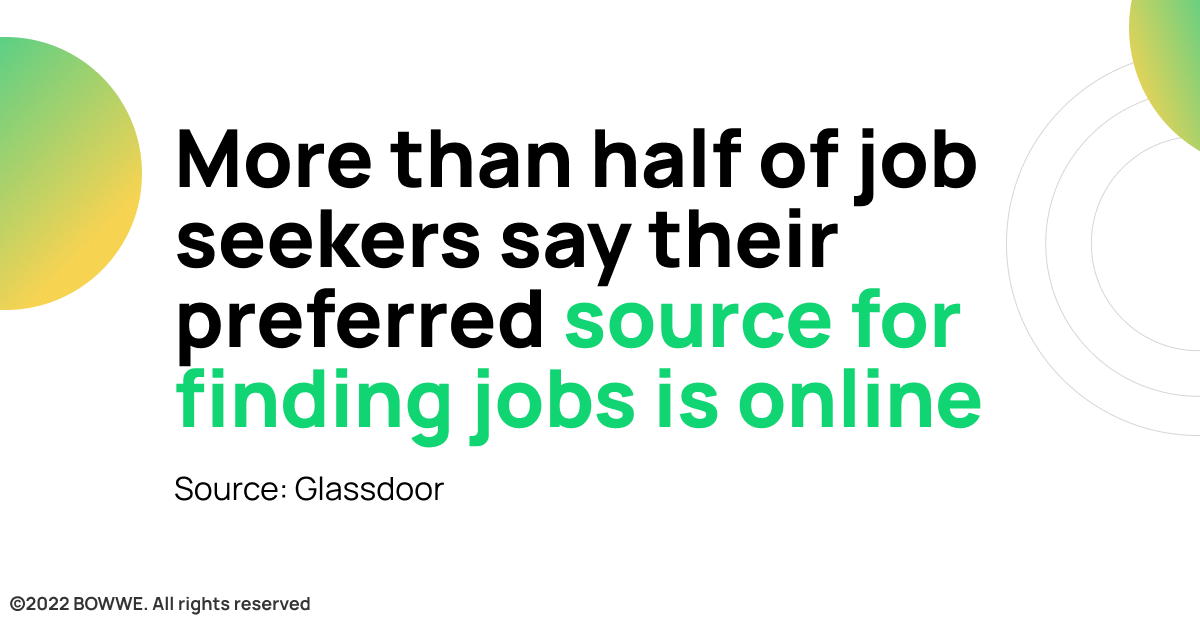
Social media
Currently, social media plays a huge role in the field of job search, so it would be a shame not to use this option! Presence on social channels is an opportunity to reach a huge number of recruiters and employers from various locations who are actively looking for employees. If you have a well-developed professional profile in social media, there is a good chance that headhunters will contact you with job offers themselves. Use the most popular social networking sites for job seekers like LinkedIn. Before you start browsing job offers, make sure that your profile is visible on this portal. If your profile looks interesting and professional, headhunters will surely establish contact with you and you will easily find work there, regardless of your experience level.
There are several ways to find a job on this platform: by contacting headhunters directly or by following posts posted by recruiters, and on company profiles that are often shared by employees.
Finding a good job - summary
Looking for a job for many can seem like a hard and time-consuming task. However, the more you prepare for your job search, the greater the chance that it will be short and successful.
By sticking to the steps listed in the article, you can be sure to present yourself as a professional and competent candidate worth hiring!
Start Here!

Karol is a serial entrepreneur, e-commerce speaker m.in for the World Bank, and founder of 3 startups, as part of which he has advised several hundred companies. He was also responsible for projects of the largest financial institutions in Europe, with the smallest project being worth over €50 million.
He has two master's degrees, one in Computer Science and the other in Marketing Management, obtained during his studies in Poland and Portugal. He gained experience in Silicon Valley and while running companies in many countries, including Poland, Portugal, the United States, and Great Britain. For over ten years, he has been helping startups, financial institutions, small and medium-sized enterprises to improve their functioning through digitization.







